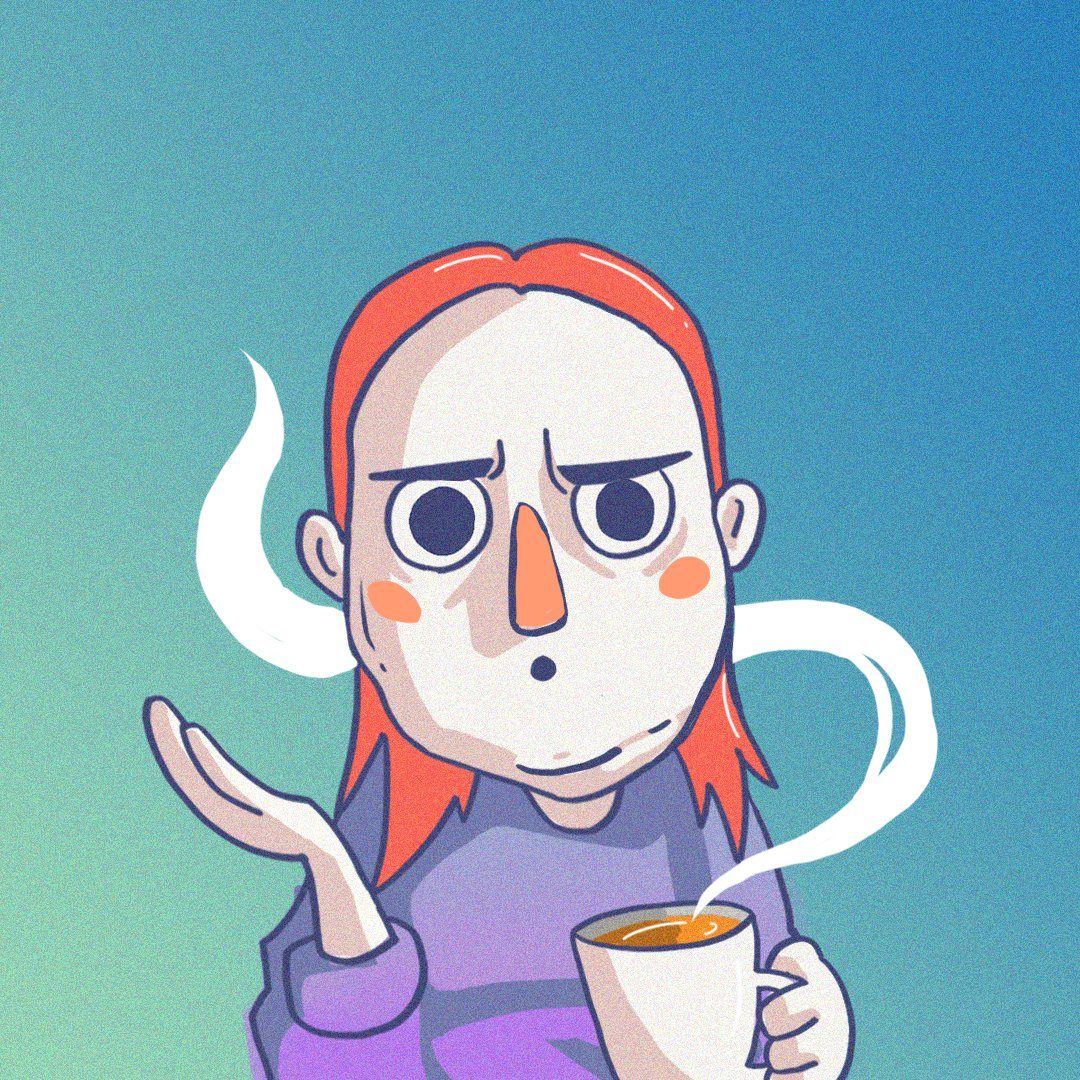
Copyrights and patents have always been an important part of the information market, especially in terms of content generation within the creative industry. Especially with the advent of the Internet and social media, the producing and sharing of content has been getting increasingly easy to reshare and harder and harder to track down.
However, in the desire to protect the content we generate, a lot of the time, we end up setting limits on ourselves as to what we can achieve or do so as firstly, not to breach someone else’s copyright, and secondly, set up our own as well. I had a lecturer that used to say “there’s nothing new under the sun”. If you have an idea, someone else has had it before, in some way shape or form. So how is innovation and improvement possible? It happens when we take someone’s idea, perhaps combine it with another idea, or tweak it on our own to form a “new” idea. So why are we so desperate to protect what we can earn from our monetised ideas and not more desperate to find out the limits of what we can achieve by combining ideas together? By monetizing ideas with copyrights and patents, we have limited ourselves and human innovation.
That I believe is where the brilliance of open source culture and crowd-sourcing programmes come in. Most of the time, copyrights operate on the belief that people will not innovate and do work on a project for free. However that is an assumption that has been disproven time and again by the various crowdsourcing projects that have sprung up, as well as people who constantly work on open source software to improve it.
Now thanks to the advent of the internet and technology, its easy for almost anybody to contribute and to generate content. With the combined knowledge and free time people spend on projects, the possibilities in open source culture is truly very exciting. That is what I believe the article is pointing out as well.



